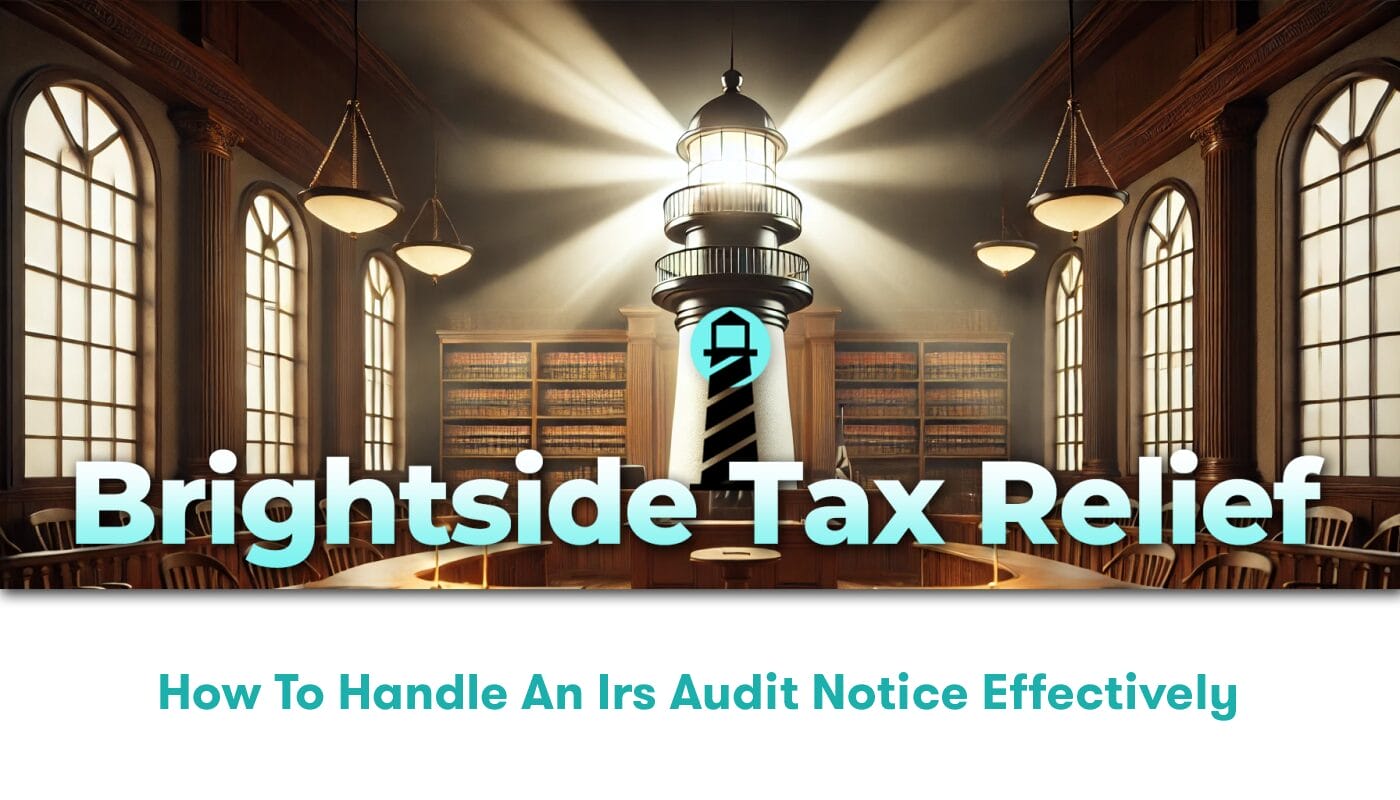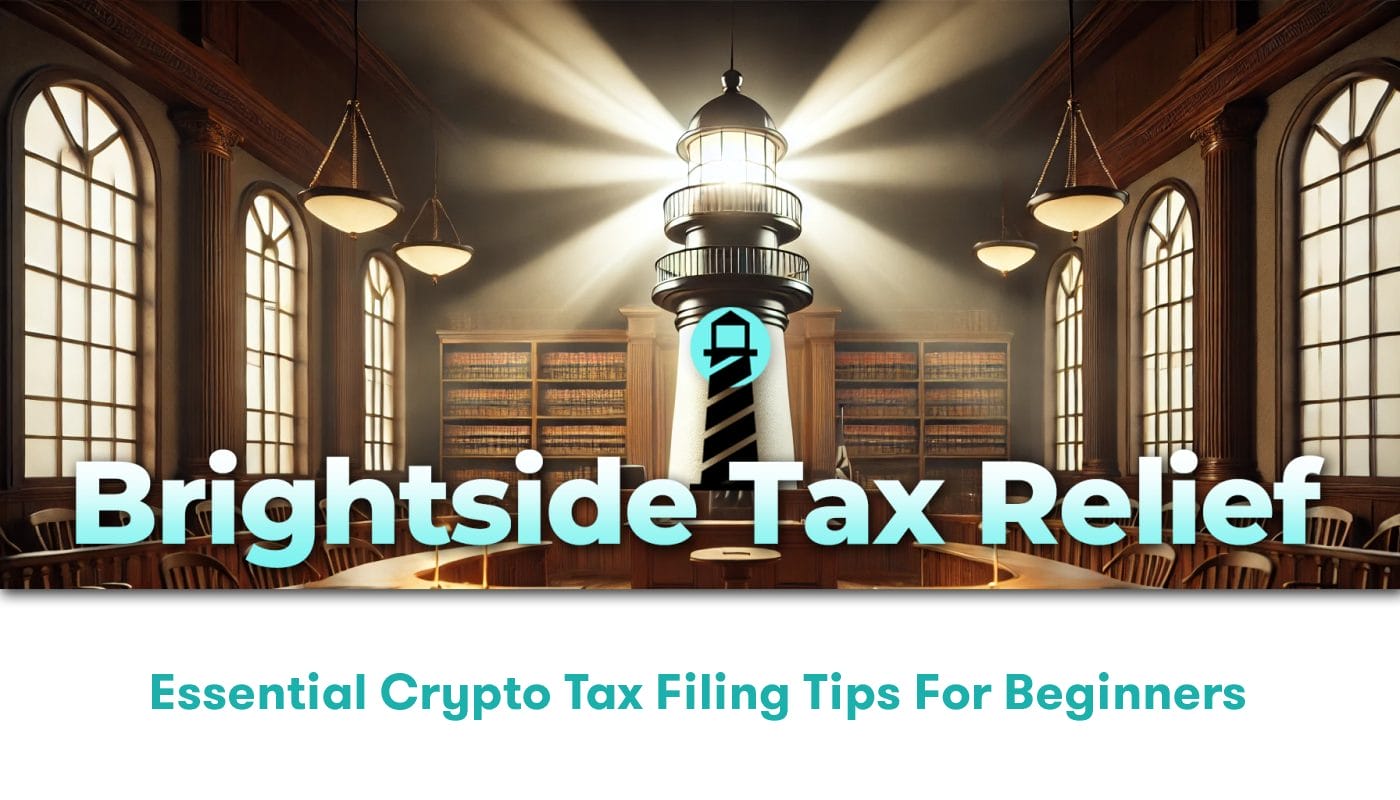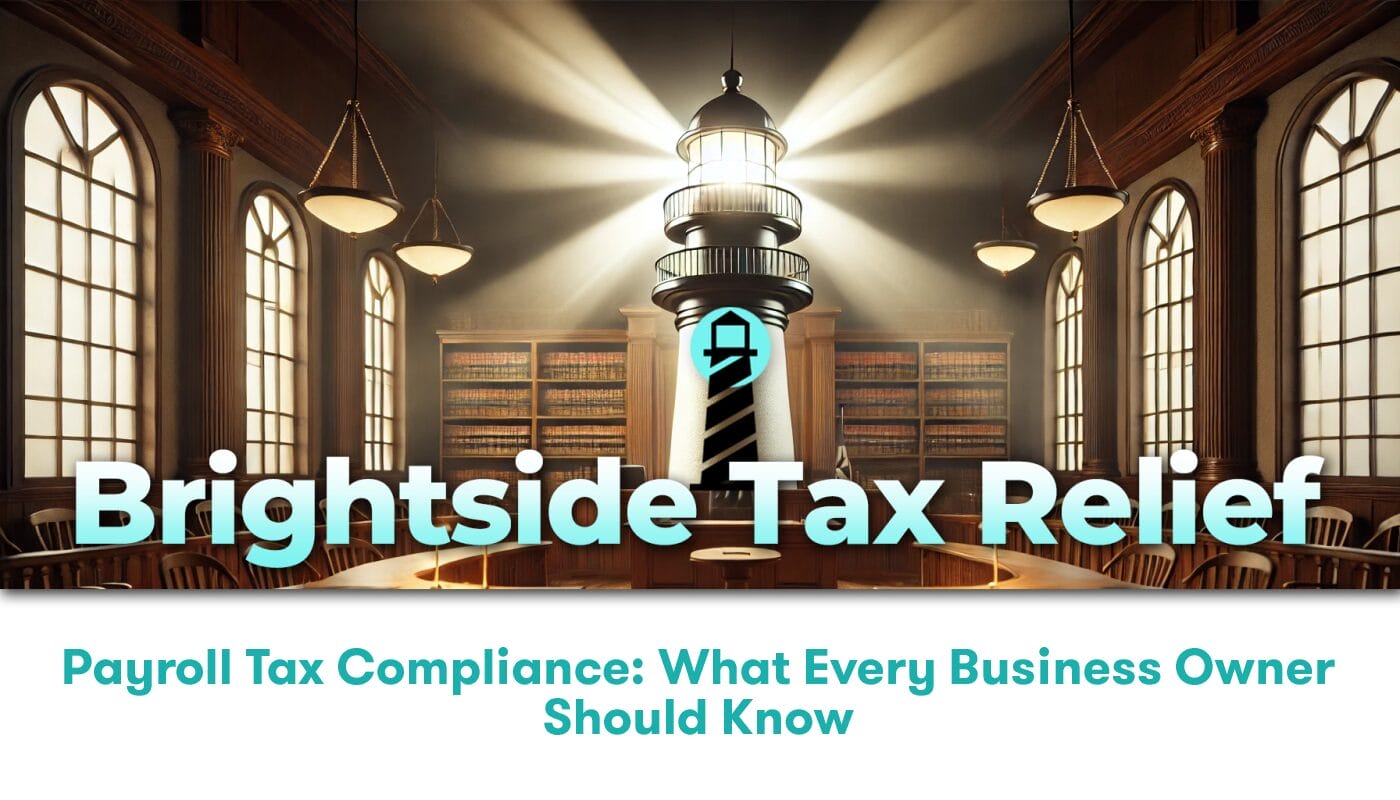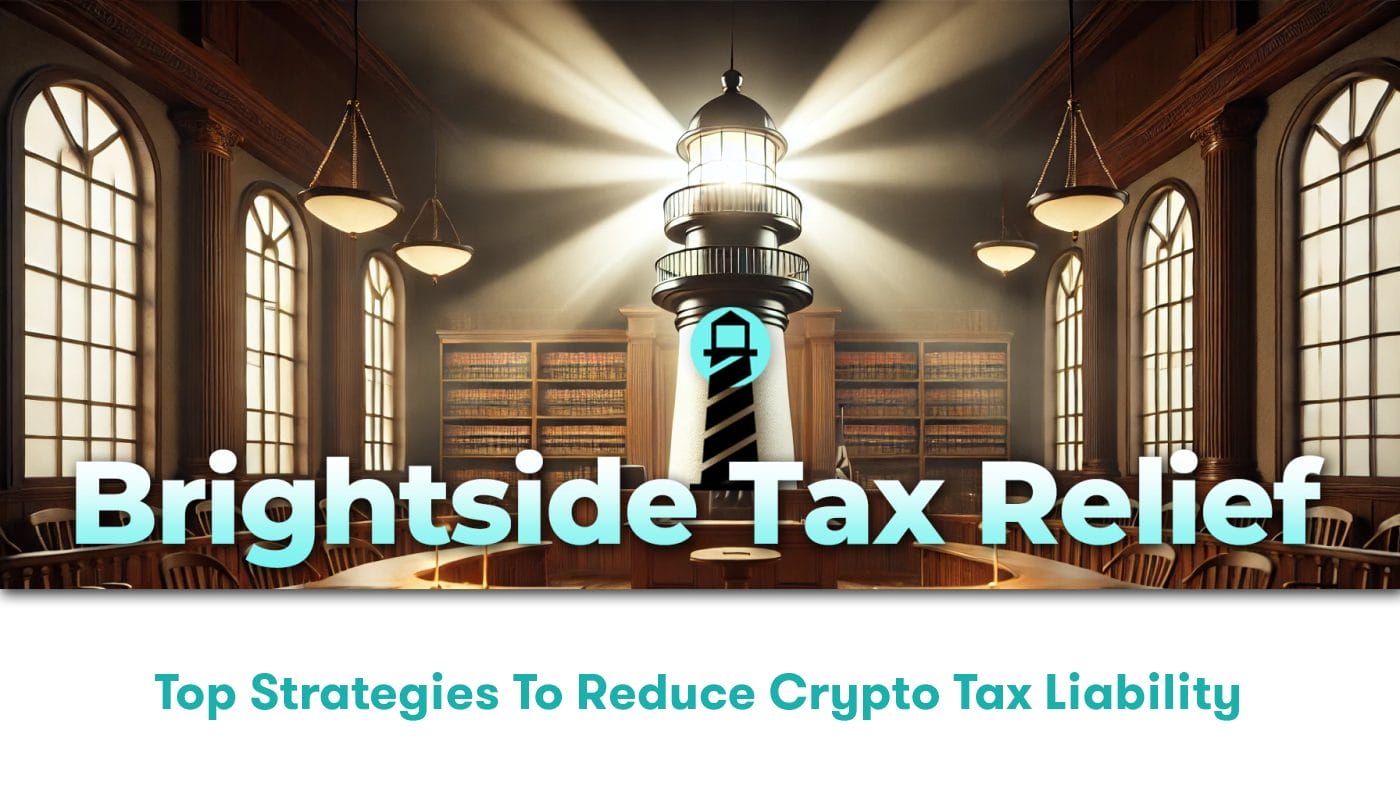Understanding Unemployment Benefits Taxes: An Overview
Unemployment benefits, a lifeline for millions of people who find themselves out of work due to circumstances such as job loss or economic downturn, carry with them their own unique taxation considerations. Whether they are state or federally-funded, these benefits constitute taxable income in the eyes of the Internal Revenue Service (IRS). Brightside Tax Relief, a leading provider of nationwide tax relief services, offers insights into navigating the taxation of unemployment benefits – ensuring you stay on the right side of the tax law.
The Tax Ability of Unemployment Benefits
Firstly, it is important to understand that the IRS categorizes unemployment benefits as income. This classification also applies to any special unemployment benefits offered during times of severe economic crisis. While some benefits, such as disaster relief funds, are typically tax-free, the rules change when it comes to unemployment. This means that federal and most state governments will require you to report your unemployment compensation when filing your taxes.
A crucial part to remember is that unemployment benefits are taxed at your ordinary income tax rate, rather than at a lower capital gains rate. Come tax time, this could mean having a higher taxable income than you anticipated. So it is important to pay attention to the withholding requirements of your unemployment benefits.
How to Report Unemployment Benefits
Reporting your unemployment benefits to the IRS involves using specific forms. When you receive unemployment compensation, you should receive a Form 1099-G from the agency that paid you the benefits, typically by the end of January following the year in which you received benefits. This form provides the total amount of benefits you received, as well as any federal income tax you chose to have withheld.
Remember, unemployment compensation includes any amounts received under federal or state unemployment compensation laws, as well as Railroad Unemployment Compensation Act benefits, disability benefits paid as a substitute for unemployment compensation, trade readjustment allowances under the Trade Act of 1974, and unemployment assistance under the Disaster Relief and Emergency Assistance Act of 1974.
When preparing your tax return, you should report unemployment benefits on Schedule 1 (Form 1040), line 7. This information is then carried over to Form 1040, where it’s combined alongside your other income for the year to calculate the amount of income tax you owe or your refund. More reporting information can be found on the IRS website.
Handling Withholding and Estimated Taxes
The IRS offers two ways to avoid a large unexpected tax bill if you receive unemployment benefits: withholding and estimated taxes. Using Form W-4V, Voluntary Withholding Request, you can choose to have federal income tax withheld at a flat rate of 10% of your benefits.
On the other hand, you may prefer to make quarterly estimated tax payments. This approach may be more suitable if you’ve other sources of taxable income, like self-employment, rental, or investment income, and expect to owe more than $1,000 after subtracting withholding and refundable credits.
Tax Relief for Unemployment Benefits
In some instances, a portion of unemployment benefits may be tax-free. For example, legislation introduced in response to the COVID-19 crisis in the U.S allowed taxpayers to exclude a certain amount of unemployment compensation from their gross income, reducing their overall tax burden. The IRS has detailed guidelines on this subject, allowing taxpayers to determine their eligibility for such relief.
Deductions and Credits
Even while receiving unemployment benefits, you may still qualify for several tax deductions and credits, which may reduce your overall taxable income. Ensure to look into potential deductions and credits that you may be eligible for, such as the Earned Income Tax Credit (EITC), the Child and Dependent Care Credit, and specific educational tax credits.
Engaging with a Tax Professional
Navigating the tax implications of unemployment benefits can be a complex process. Missteps can lead to harsh penalties and delayed refunds. It’s often a smart move to seek assistance from a tax professional who can help ensure you are complying with all relevant tax laws and taking advantage of any deductions and credits available to you. Companies like Brightside Tax Relief offer expert guidance and support to help you navigate this complicated landscape.
The Final Word
The taxation of unemployment benefits may seem daunting at first, but with the right knowledge and assistance it can be effectively managed. It is crucial to stay informed and compliant with IRS regulations to avoid any unwelcome surprises at tax time. And remember, while taxes can be complicated, they are manageable – especially with the right help from seasoned professionals like those at Brightside Tax Relief. Whether you’ve just started receiving benefits or have been for some time, gaining an understanding of how this impacts your taxes is crucial for maintaining sound financial health. Remember, peace of mind isn’t just about getting relief today – it’s about ensuring a bright and secure future.






